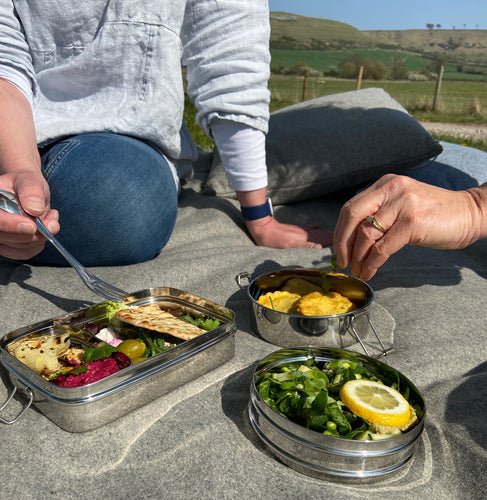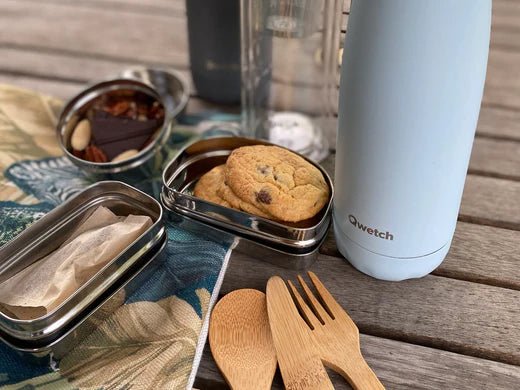COP 28 Roundup. Kate's Guide To This Years' UN Climate Conference
WHAT IS COP28?
Since 1995, world leaders have met every year for the United Nations Climate Change Conference. It is known as Conference of the Parties or COP for short. At the conference, they work to find global solutions to tackle climate change and it's consequences. This year was the 28th COP and took place in the oil rich country UAE - irony or a chance to make big changes?
The aim is for world governments to agree steps to limit global temperature rises and climate change due to carbon emissions created by human activity.

But did this year's COP feel like a cop-out?
Here's our headlines from the latest round of climate change talks:

Developing countries are more at risk of suffering climate disaster than developed countries. These countries bear the brunt of climate change already yet are not contributing to greenhouse gas emissions in the same way. The fund is to help pay for the damage caused by floods, droughts fires and other climate related disasters.
Developing countries will need support to grow and undergo their own version of our industrial revolution, but without relying on fossil fuels. It's absolutely imperative that they receive guidance and funding to allow them to do so, without this, it would be a climate and health disaster for them locally and also globally. We, the richer, developed nations must come to an agreement on how to finance their sustainable development.
Reducing greenhouse gas emissions by reducing the use of fossil fuels is key to achieving to Net Zero. COP28 included an agreement for nations to transition away from their reliance on fossil fuels and achieve Net Zero by 2050.

The inclusion of gas as a transitional fuel troubles critics, however and significant subsidies still exist for fossil fuels. Both the International Monetary Fund (IMF) and the IEA stated earlier this year that 2022 was a record year for fossil fuel subsidies, which exceeded $7trn for the first time (Edie.net). So a long way to go!
Nations are called upon to accelerate low and zero emissions technology to deliver a sustained reduction in Greenhouse gas emissions in line with a 1.5C pathway.
However, the language used here is under fire. “Calling upon” is not particularly strong language in UN terms. It indicates a voluntary but encouraged commitment. Most items on the menu have no timeframe, except trebling renewable capacity globally by 2030 and doubling the annual average rate of energy efficiency improvements this decade, too (Edie.net)

These are just the headlines from a somewhat controversial round of climate talks, hosted by one of the world'd top 10 oil producing countries and fronted by the head of the Abu Dhabi National Oil Company.
A few wins, like the climate disaster fund were realised early on and then the panel spent 2 weeks slugging out the rest of the plans to get an agreement signed off.
What's the reaction been like? Luke warm if you read the press, and commentary from the Green Economy, follow these Guardian updates for the latest.
Let's keep acting as sustainably as we can, here's a few tips:
Use your
- Vote - is your Government/MP in line with these goals?
- Voice- Sign petitions against further oil development & fracking & further exploitation of fossil fuels that will slow down the goal to net zero. Email/write to your MP requesting the same.
- Choices - choose renewable energy with your provider. Most electricity providers have a 'green energy only option'. Push them towards renewables. If not, ask them to, if not, change supplier (when you can!)
- Choices - diet, think climate when choosing your meals. Plant based, local or seasonal are good options for lowering carbon emissions.
- Pocket - purchase wisely. Fast fashion, disposable, and cheap all feed the linear and disposable economy driving climate change and producing unmanageable amounts of waste.
Kate




